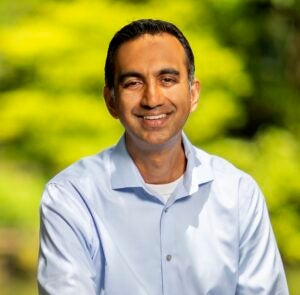Health Equity
Recognizing our institutional power and collective talents and resources, CHIBE examines how to use our research to remake the status quo and improve population health, especially among Black Americans who have suffered from racist policies and systems.
CHIBE-affiliated faculty and staff members are working to increase health equity and reduce health care disparities through a number of different centers and initiatives. Teams are specifically looking at improving racial diversity in clinical trials, bolstering economic opportunity as a way to eliminate health disparities, developing evidence-based, best practices and guidelines for the conduct of inclusive and anti-racist research, and combating systemic racism in the city of Philadelphia by working with a diverse group of health systems, payors, and community organizations through an initiative called Accelerate Health Equity.

Latest News & Media Mentions
-
Media Mention
How Are Infant Outcomes for Black Babies Affected by Incarceration Policy?
March 20, 2024 -
Media Mention
Adding Diversity to Your Research Process: A New System
March 18, 2024 -
Media Mention
Black Patients Feel Dismissed and Skeptical After Their Experiences in the ED
March 8, 2024


























